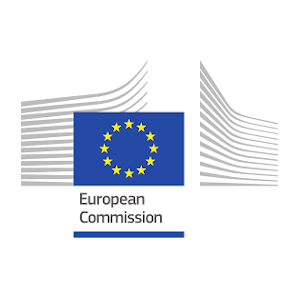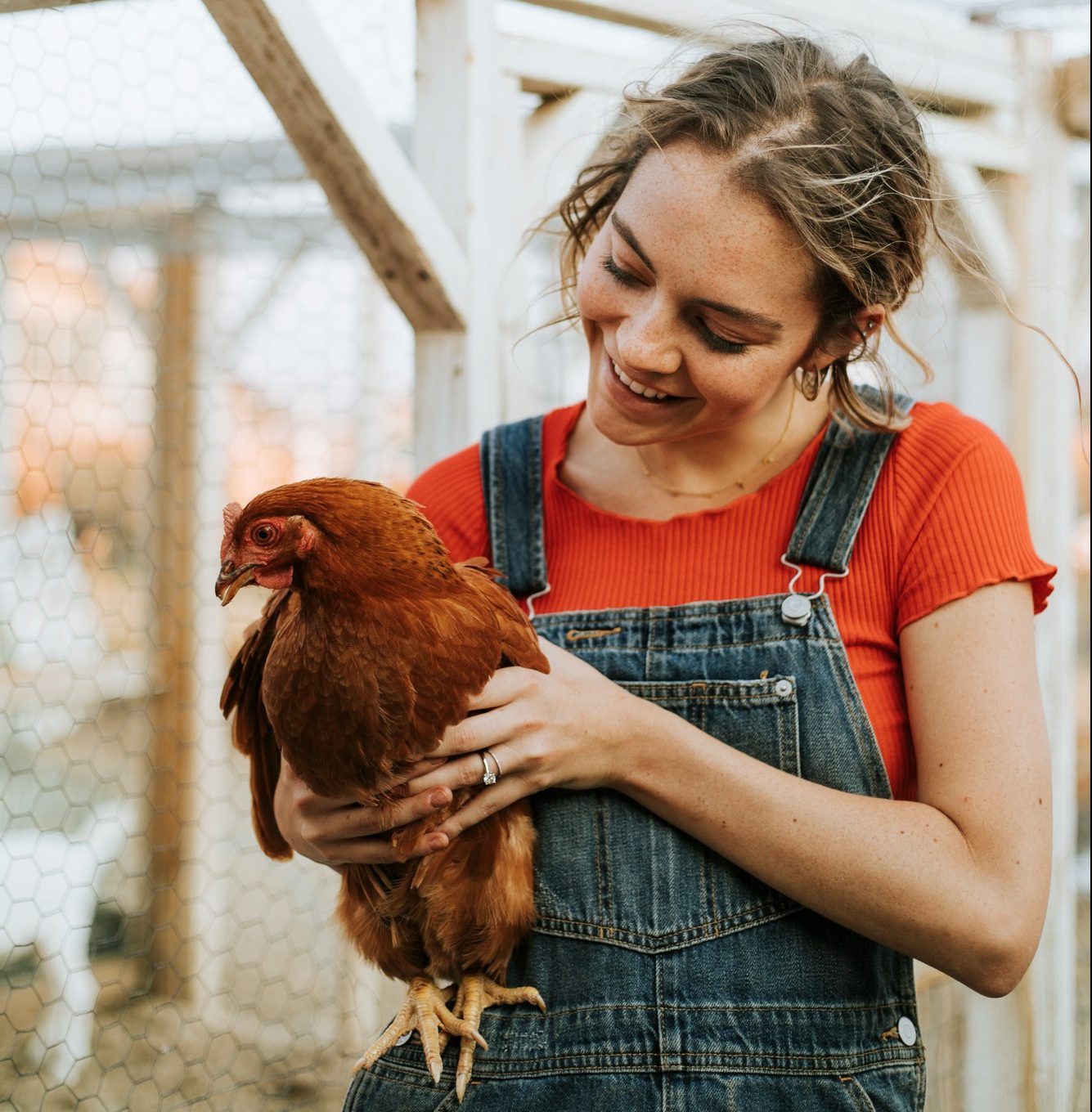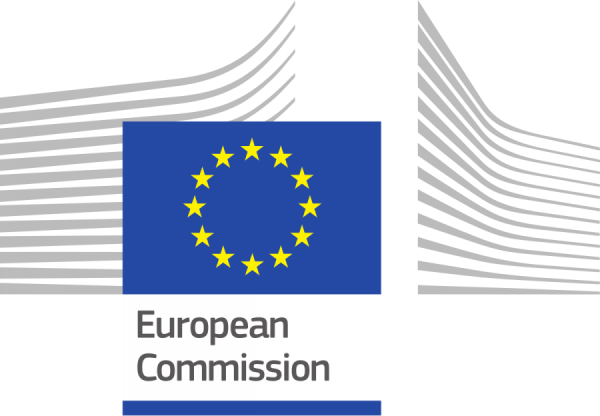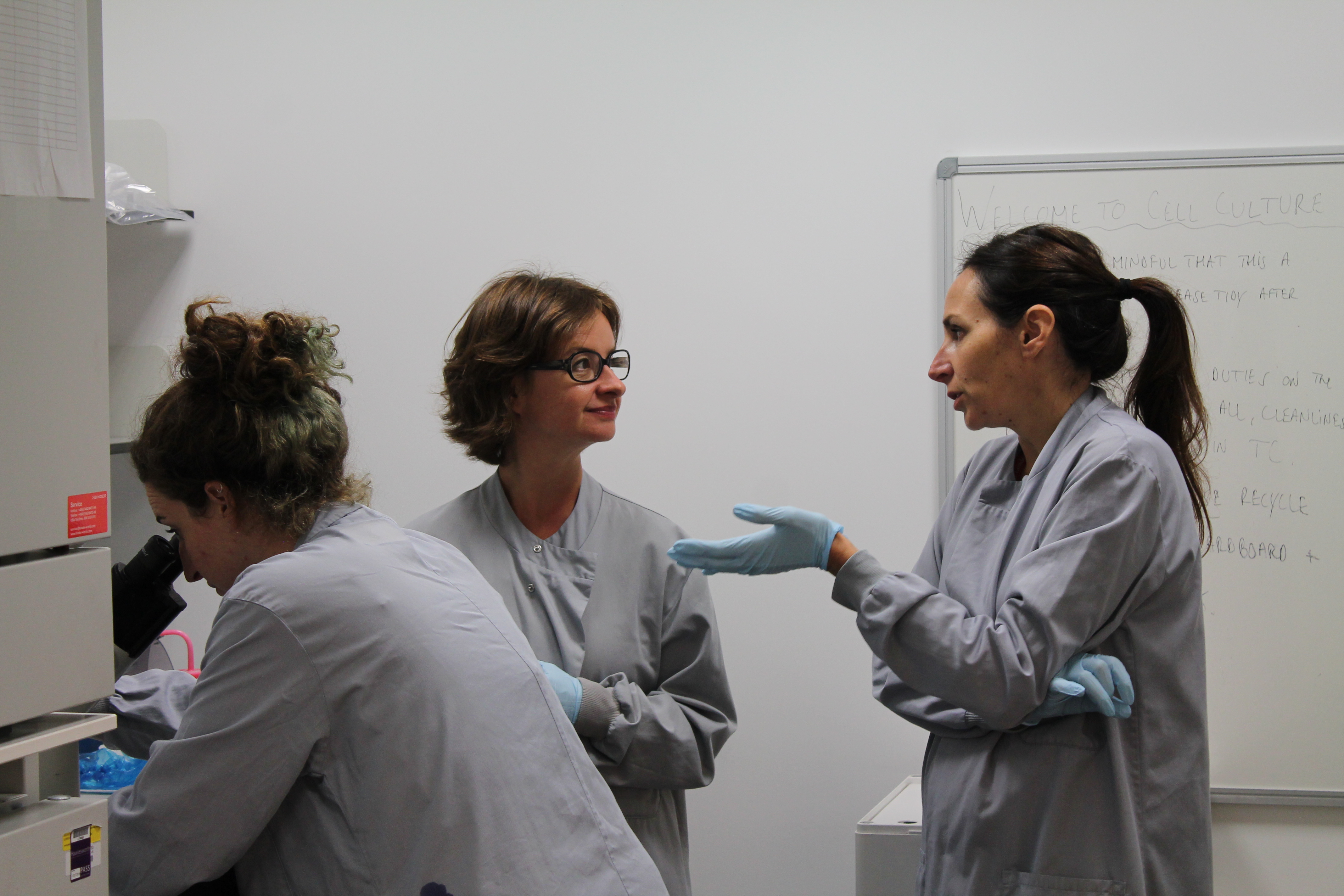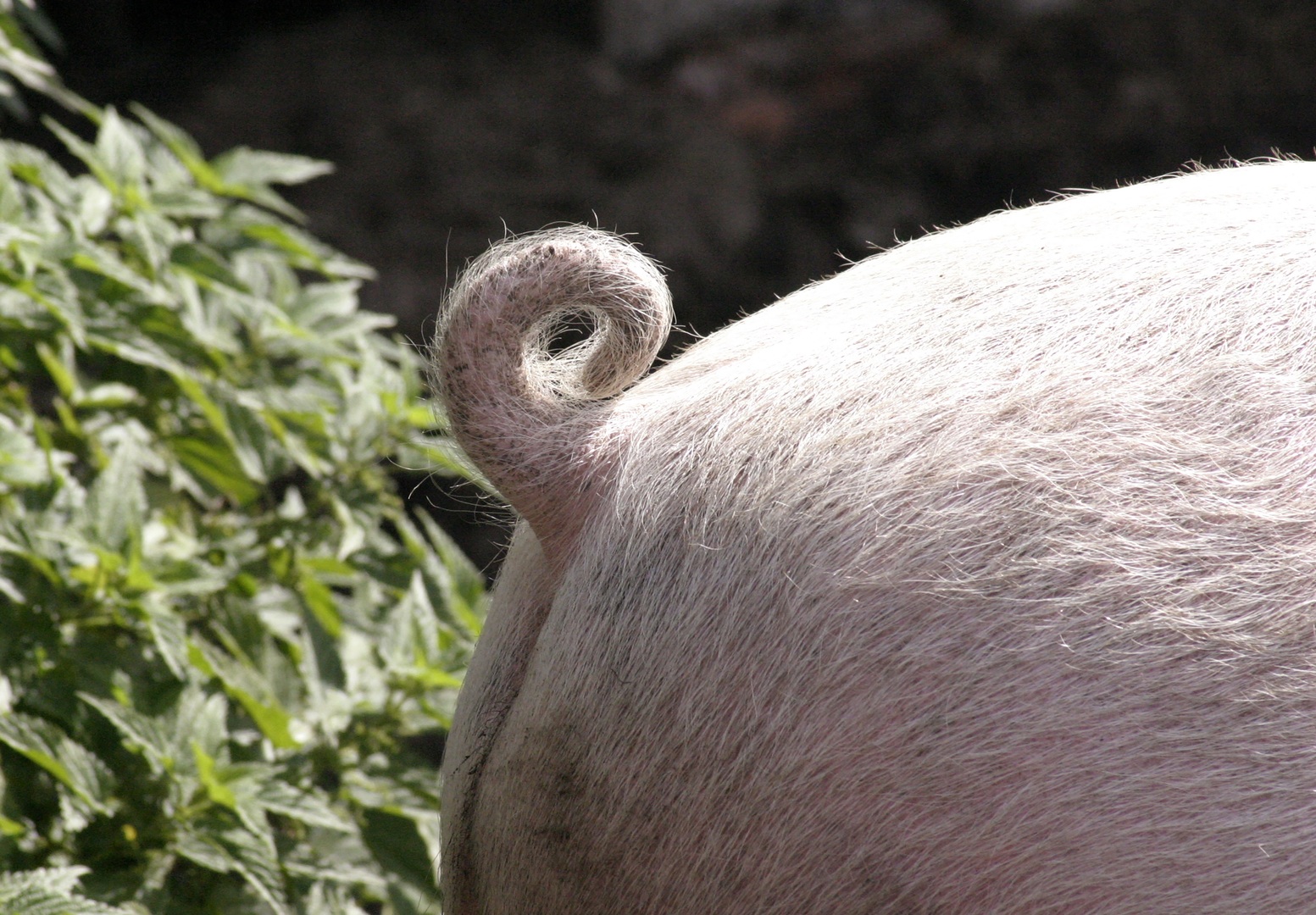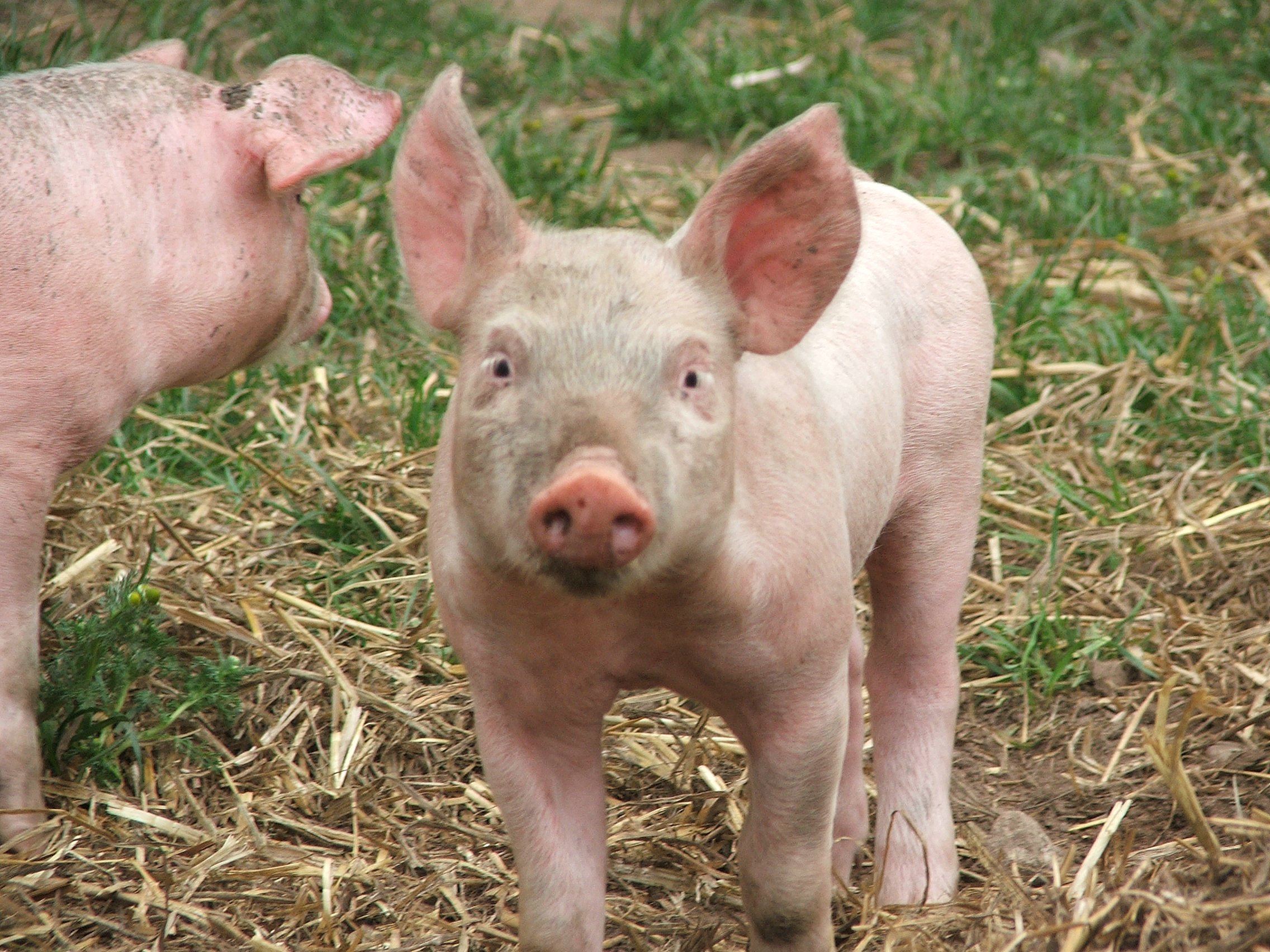Study on animal welfare labelling (2022)
Cerebrus Associates has recently assisted ICF to gather evidence to support potential initiatives concerning animal welfare labelling in the European Union. The study has involved collecting and analysing qualitative and quantitative data on consumers’ awareness of animal welfare standards and demand for further information. It has also involved gathering data on existing labelling schemes with animal welfare claims found in the EU and assessing their designs and impacts. The work was commissioned by the European Commission (Directorate General for Health and Food Safety, DG SANTE).

